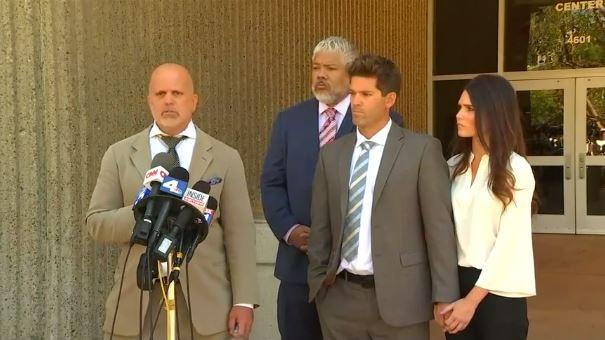NEWPORT BEACH, Calif. (CNS)—A judge refused on June 5 to dismiss charges against a Newport Beach surgeon and his girlfriend, who are accused of drugging and sexually assaulting multiple women, and set a hearing for June 12 to consider whether the District Attorney’s Office should be kicked off the case.
“The public’s confidence pursuing justice would be severely undermined if the District Attorney continues on the matter,” Orange County Superior Court Judge Gregory Jones said.





